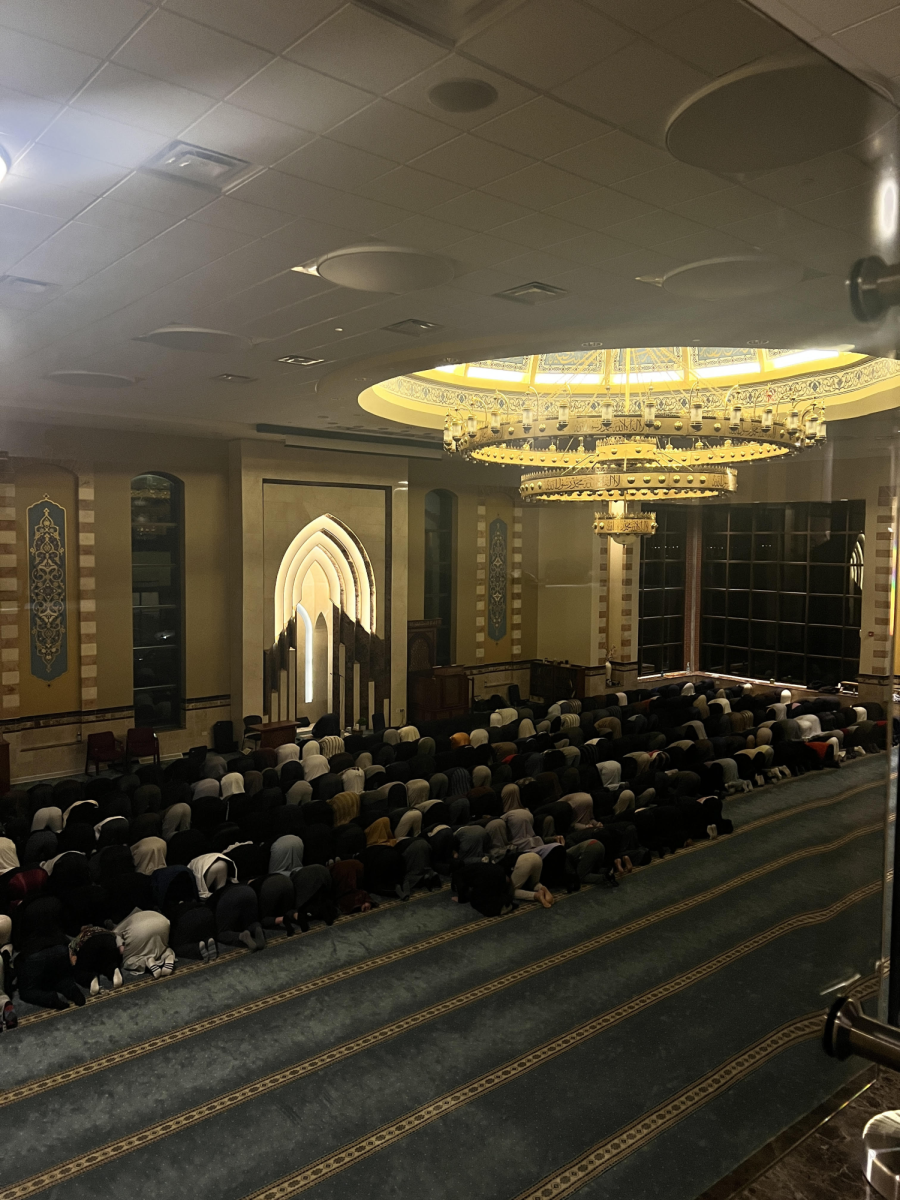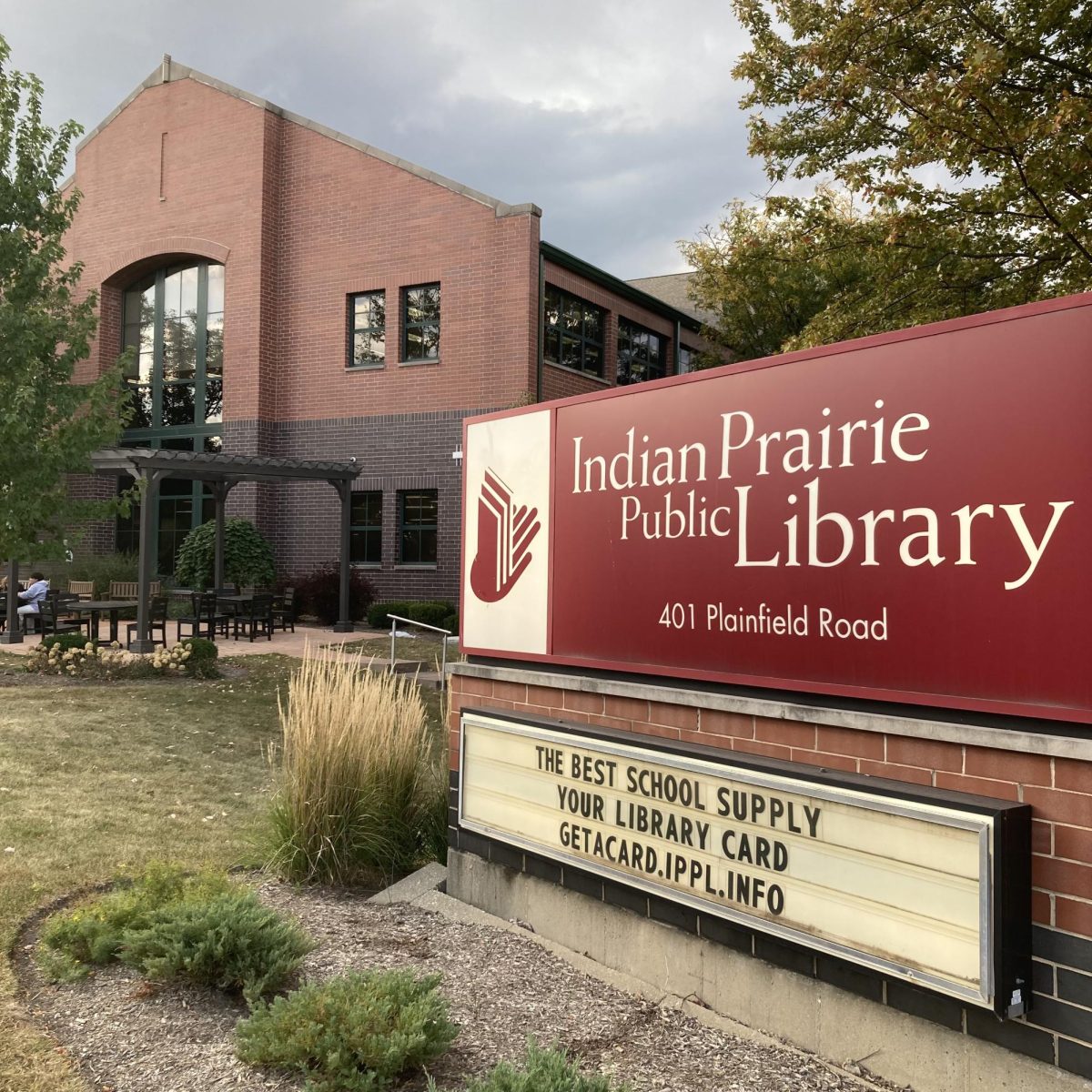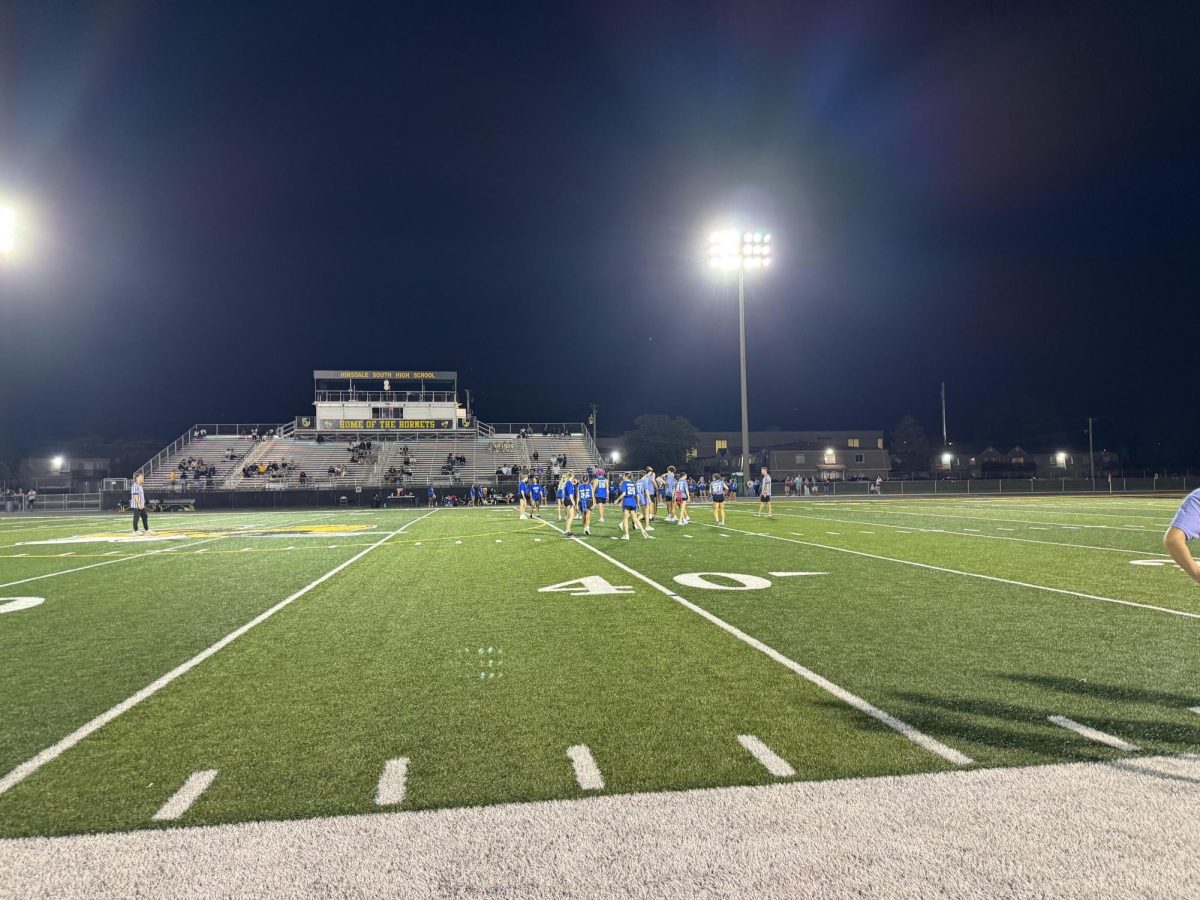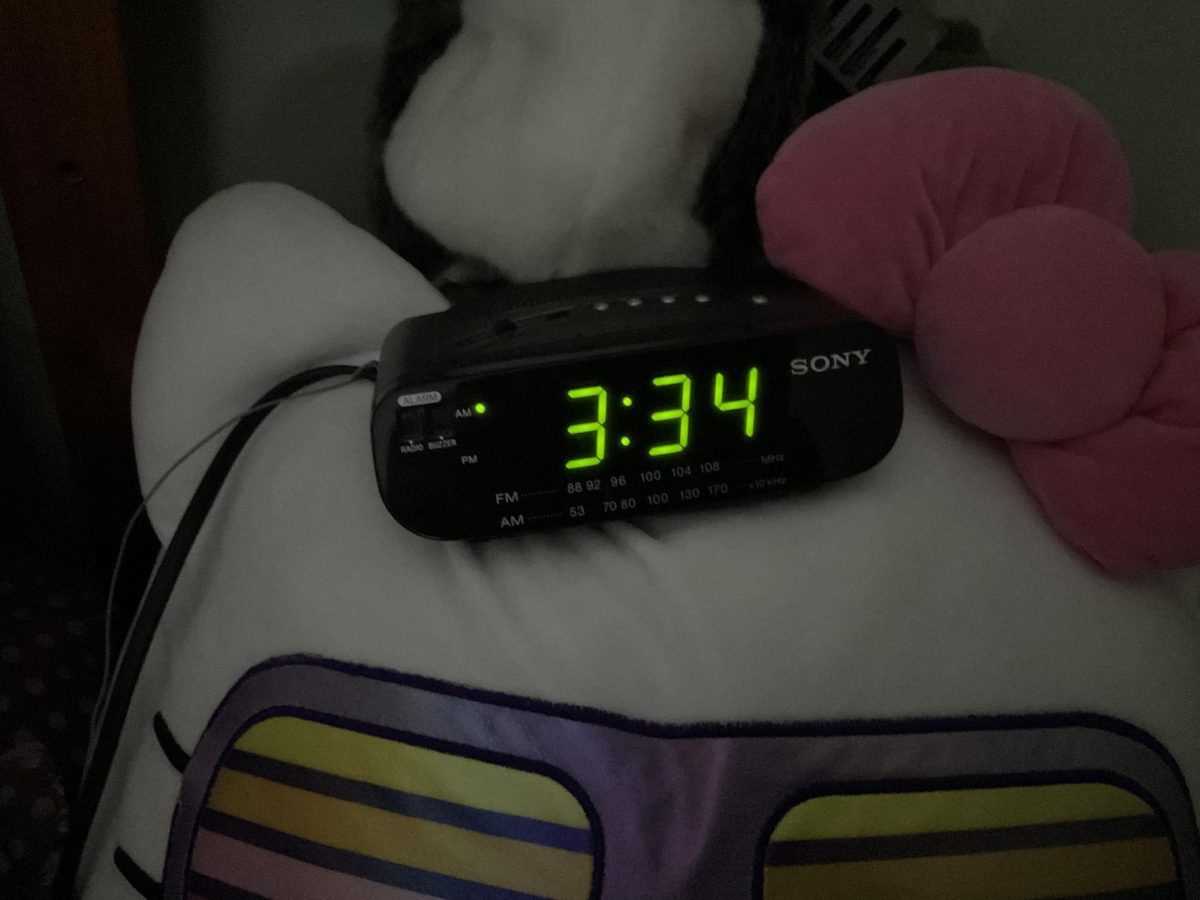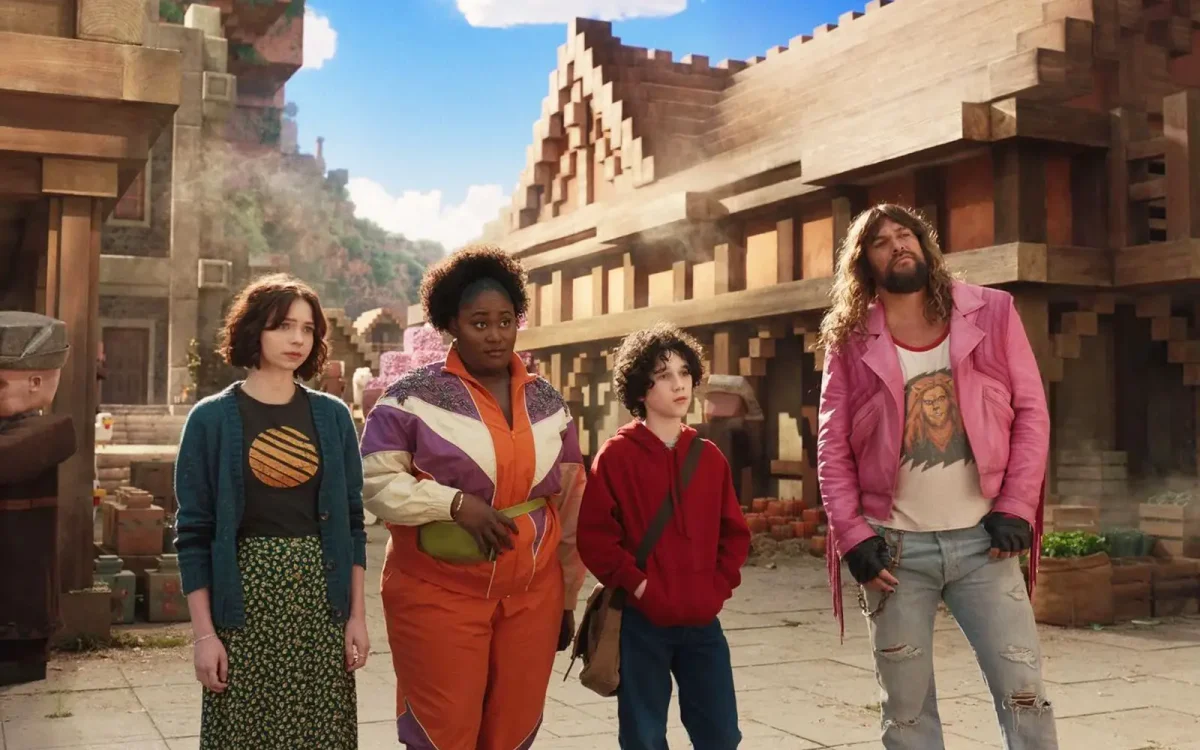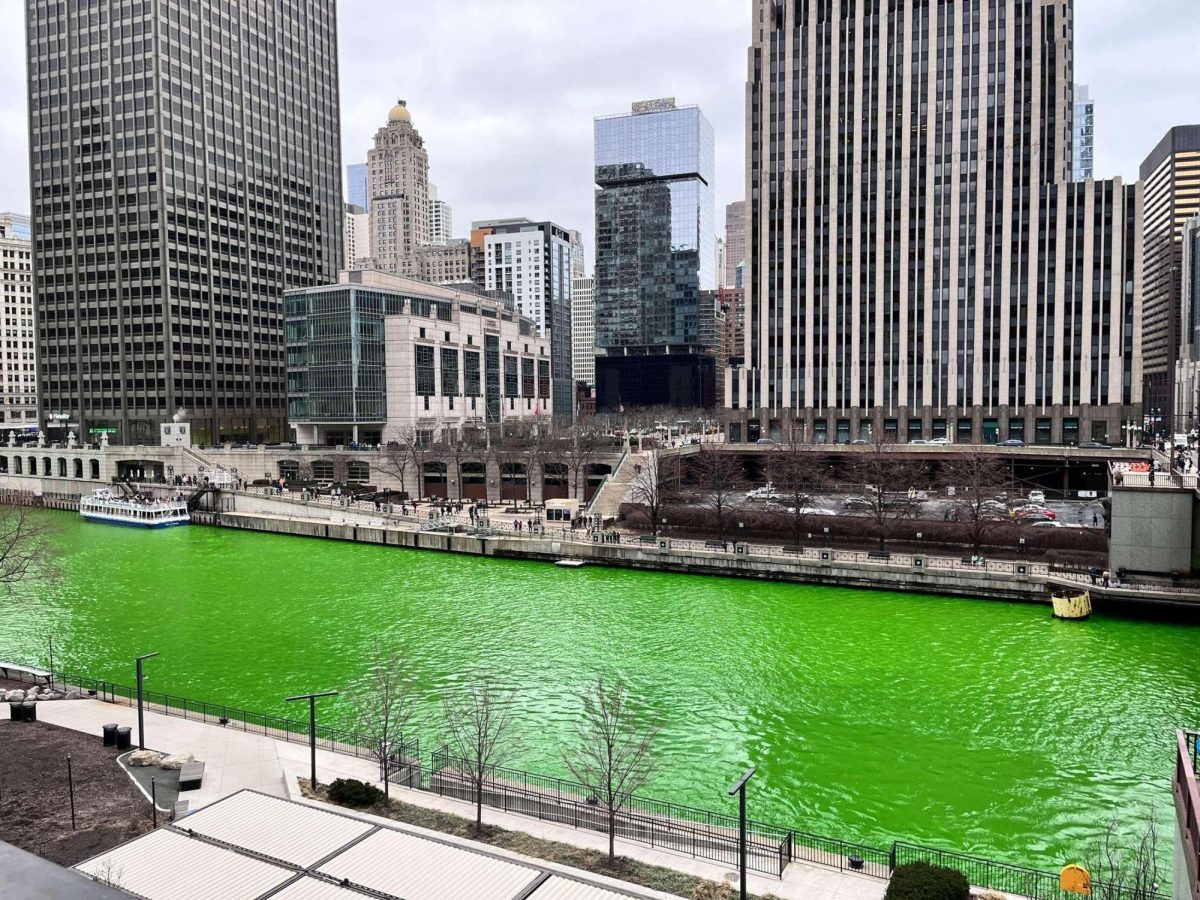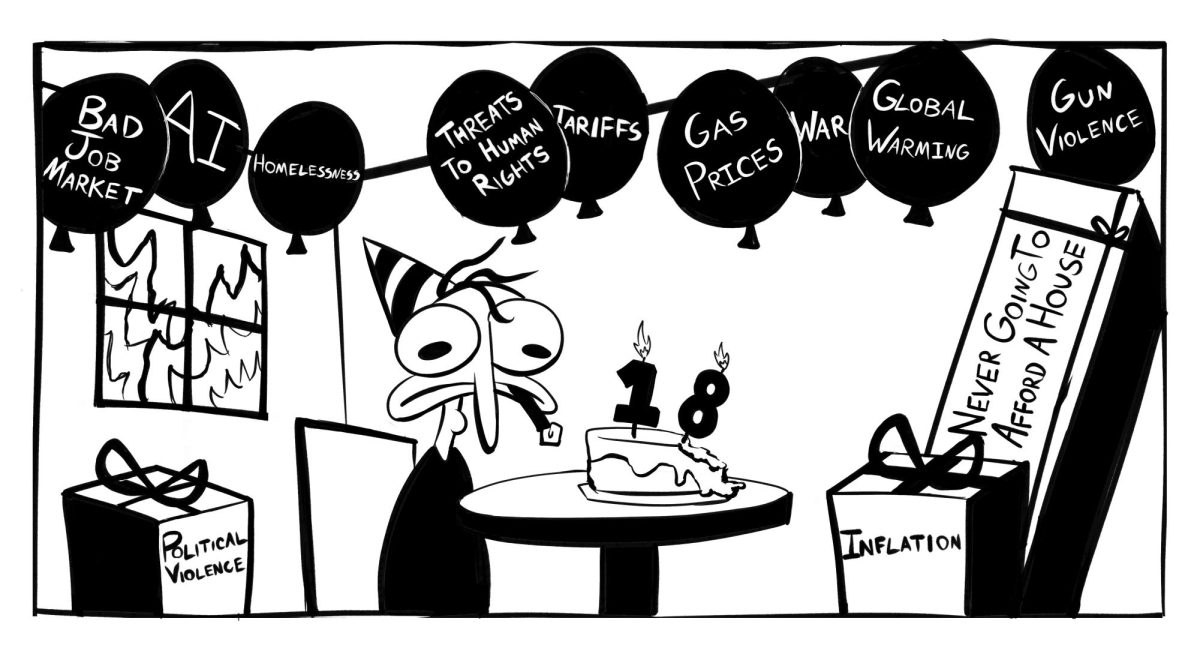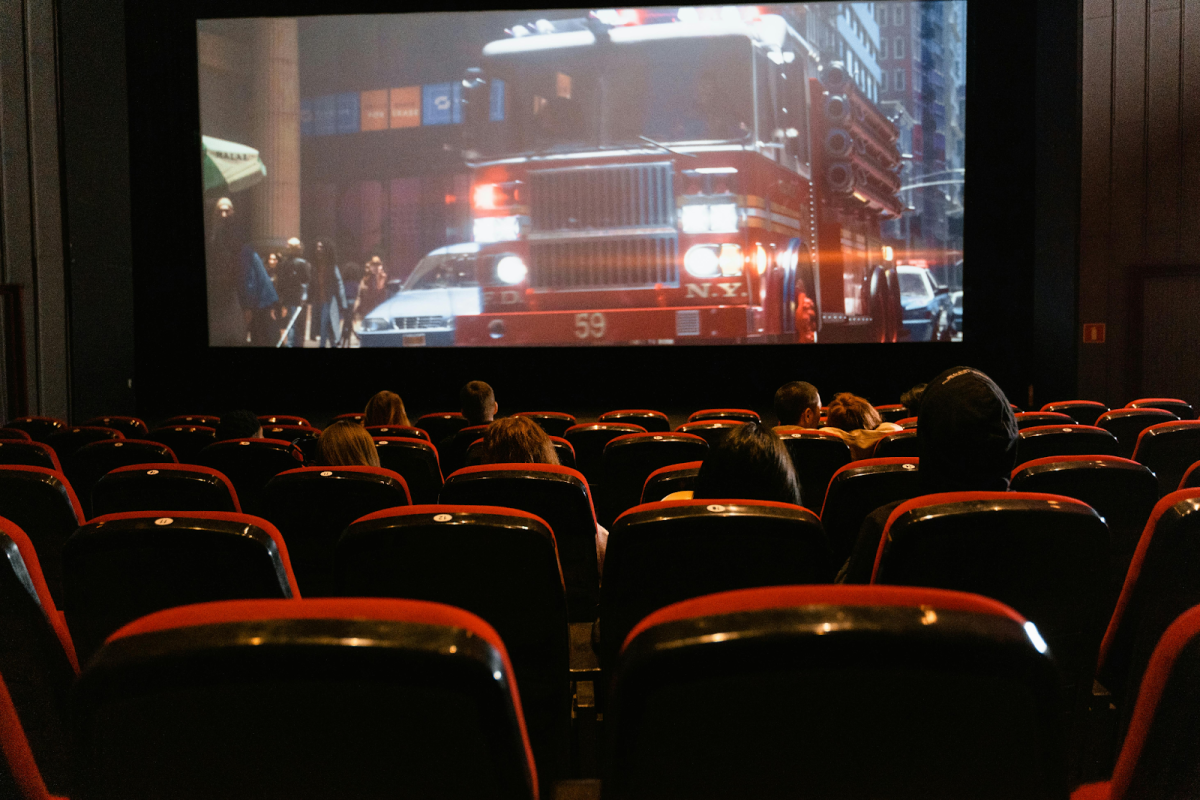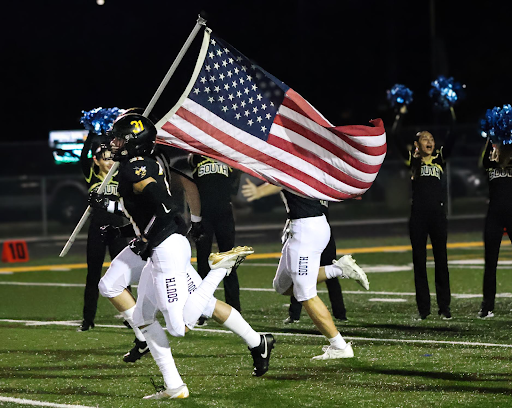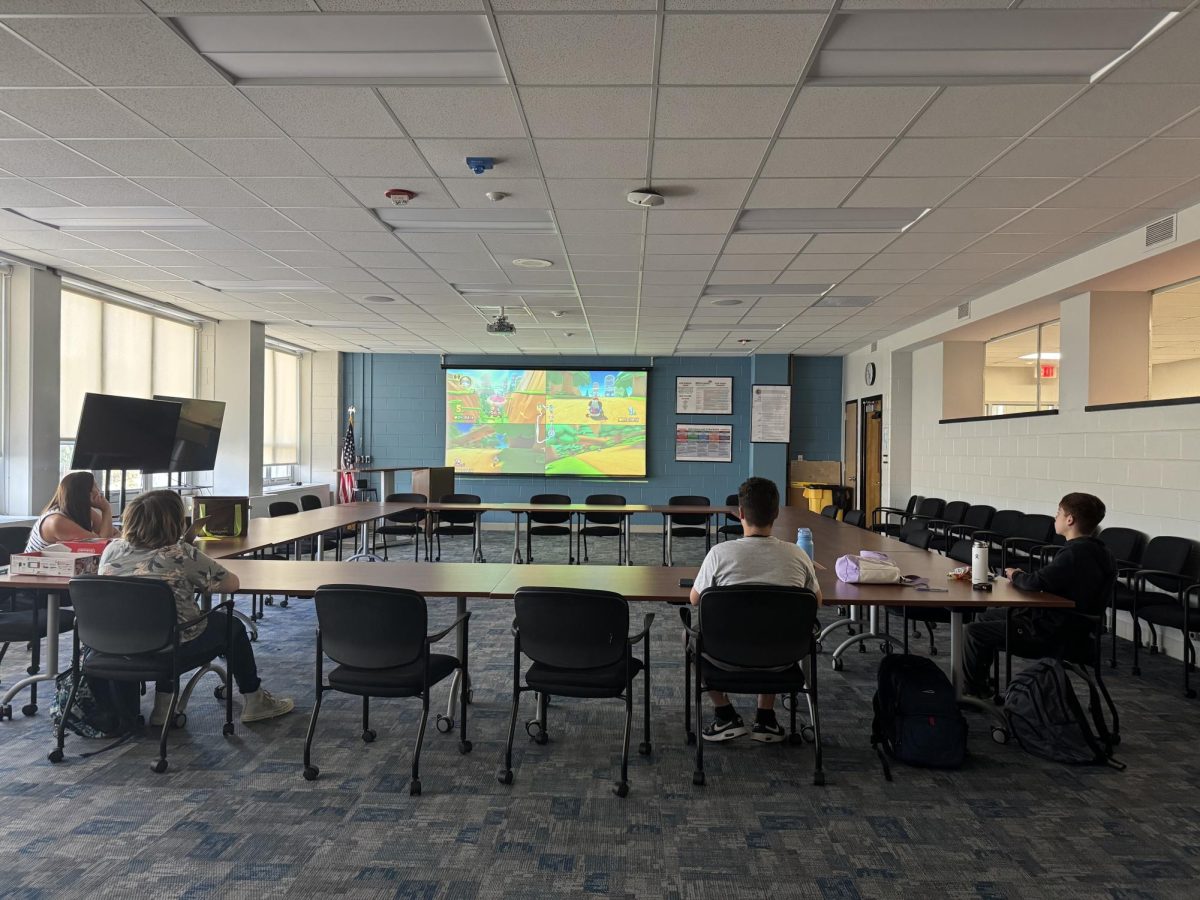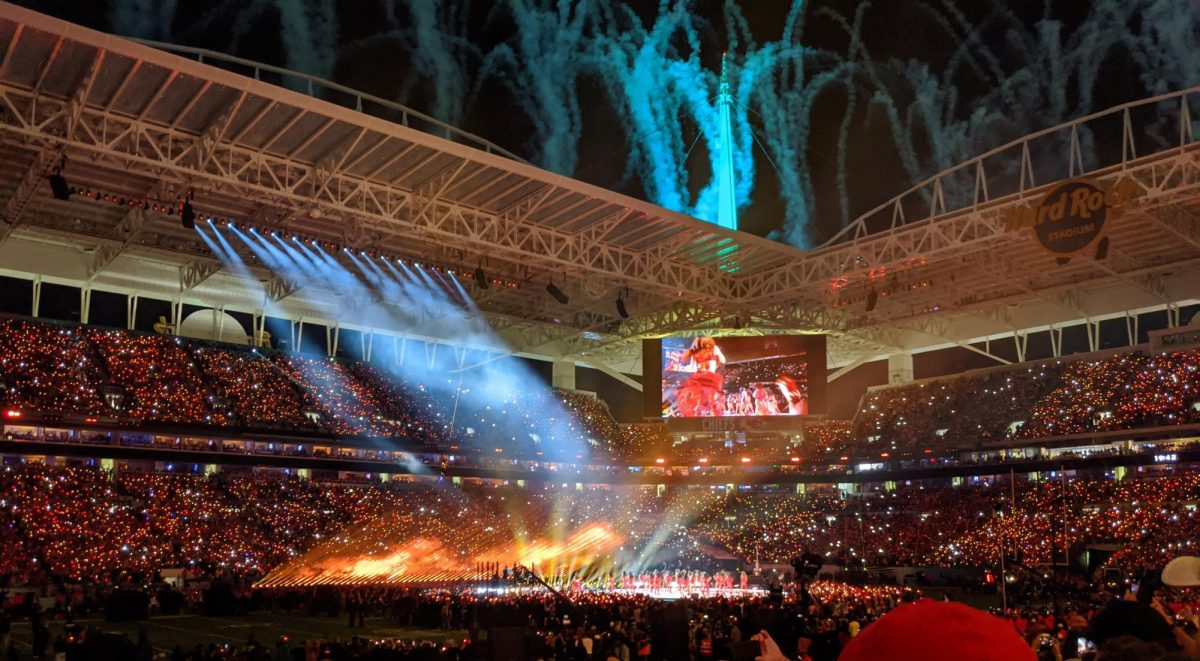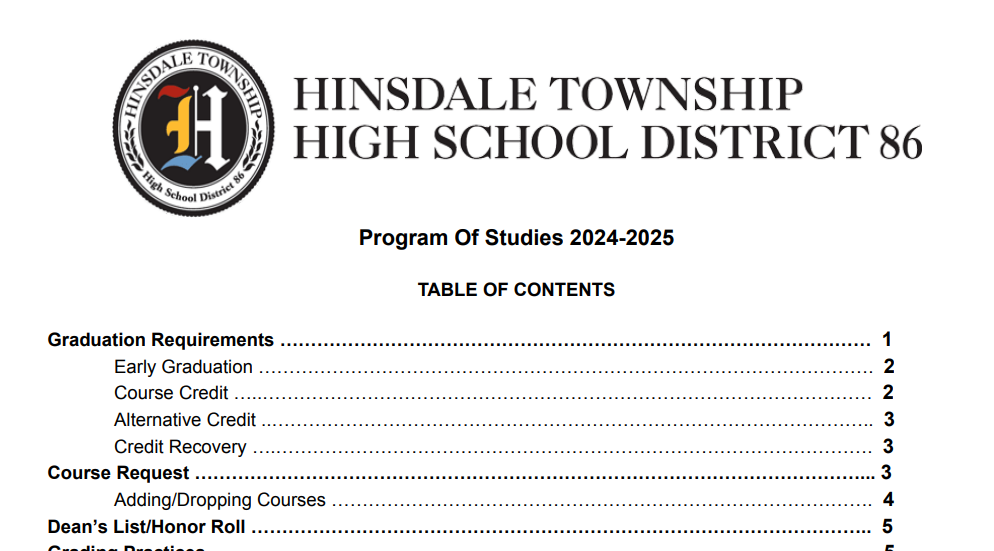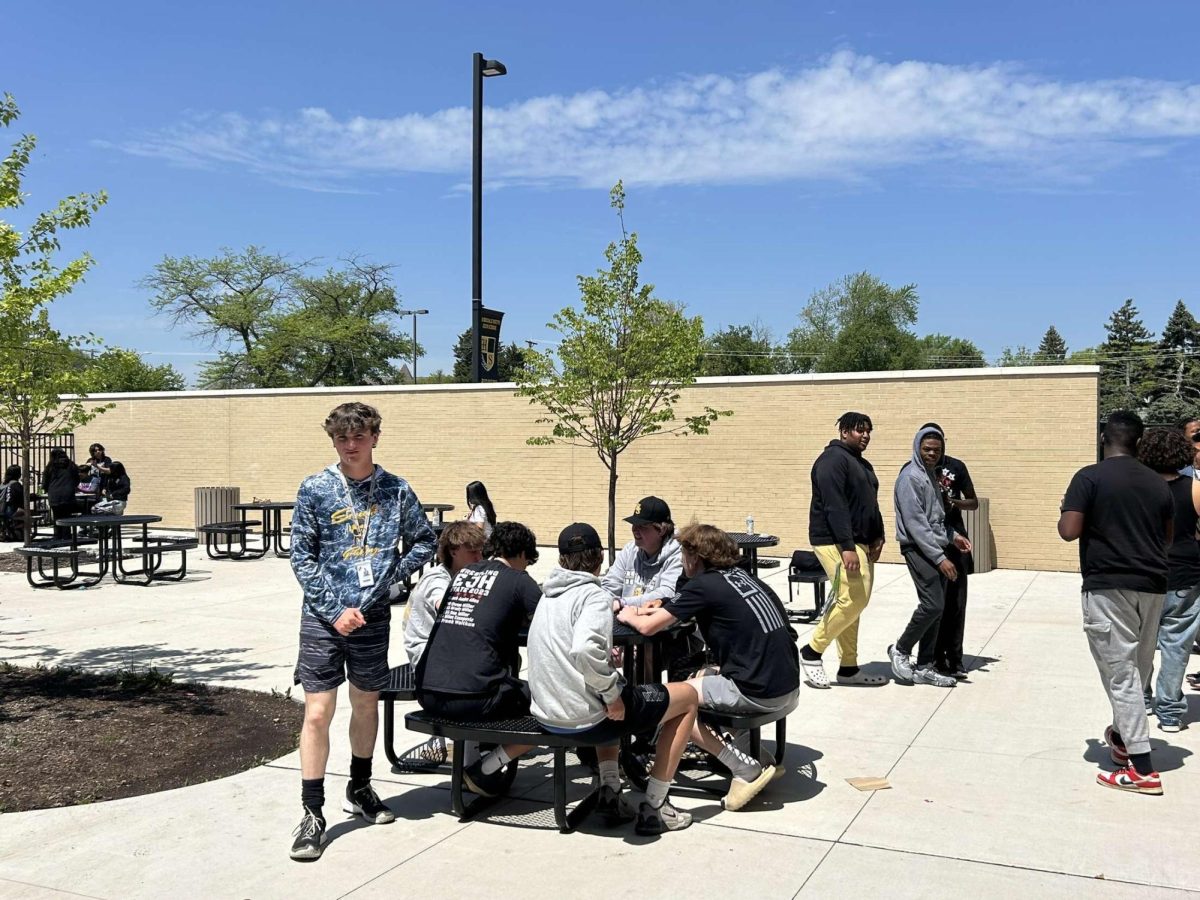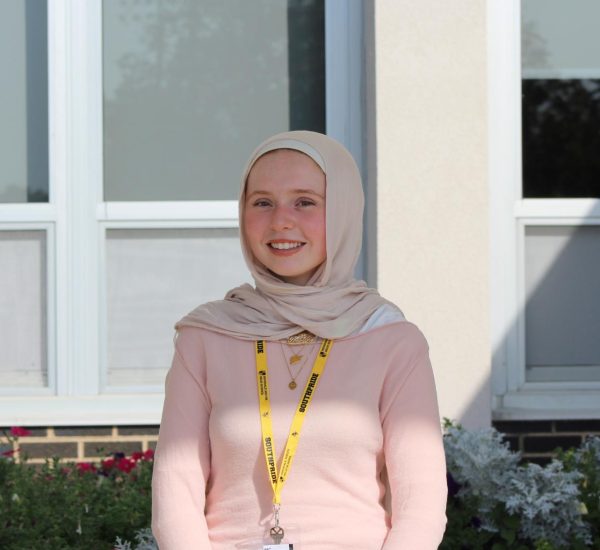Many of us have heard of the word Ramadan coming from our Muslim friends, and some may even partake in it; but what really is Ramadan?
Ramadan is the 9th and holiest month of the Islamic calendar. Because the Islamic calendar is based on the 12-month lunar year that is 11 days shorter than our normal calendar, Ramadan is at a different time each year. Why is Ramadan so important, you might ask? Well, it is the month the holy Quran was revealed to Prophet Muhammad (peace be upon him). It marked a very special and important part in Muslim history, which is why it has its own month dedicated to it.
In Ramdan, Muslims are required to fast from all food and drinks (including water) from dawn to dusk. This can range from 11 to 16 hours depending on the day and where you are in the world. Ramadan is a time of spiritual improvement, rejuvenation, and overall appreciation of what God has given you. In this sacred month, Satan is locked away by God, which allows Muslims to partake in this month without ill will and consequences for Satan’s thoughts. Physical and spiritual improvement occurs by going away from negative and impure thoughts and actions.
The ultimate goal of Ramadan is to have constant God-consciousness, or taqwa. In order to receive taqwa, a special nightly prayer is held each night at the mosque called Taraweeh. Taraweeh is a longer prayer done in large groups and a big goal is for one complete recitation of the Quran to be completed during those 30 nights. There are other nightly prayers like Qiyam al-Layl (night prayer) and Tahajjud (a holy night prayer held in the last ⅓ of the night) that are not only held in Ramdan, but increased.
Although fasting is obligated, you do not need to fast under certain circumstances. If someone is sick, traveling, pregnant, nursing, or menstruating, you are not obliged to fast. Other forms of worship are still really recommended though. Under these circumstances, you are obligated to make up your fasts when you are able to, unless you have a chronic illness. If that is the case, you need to feed a poor person for each day you missed fasting or pay alms-tax. Children are also not required to fast until they reach puberty.
Because you cannot eat from dawn till dusk, many Muslims enjoy the meals of suhoor and iftar. Suhoor is held before dawn and is usually treated as a breakfast. This allows one to have enough fuel and water to get through the day until their second meal. At sunrise, iftar is held. This usually includes large meals eaten with your community and family. Finally, at the end of the month, Eid al-Fitr, or Festival of the breaking of the fast, is held. Communities get together to celebrate, worship, and appreciate each other. Make sure to tell your Muslim friends Eid Mubarak, or Happy Eid, on Wednesday, April 10!

